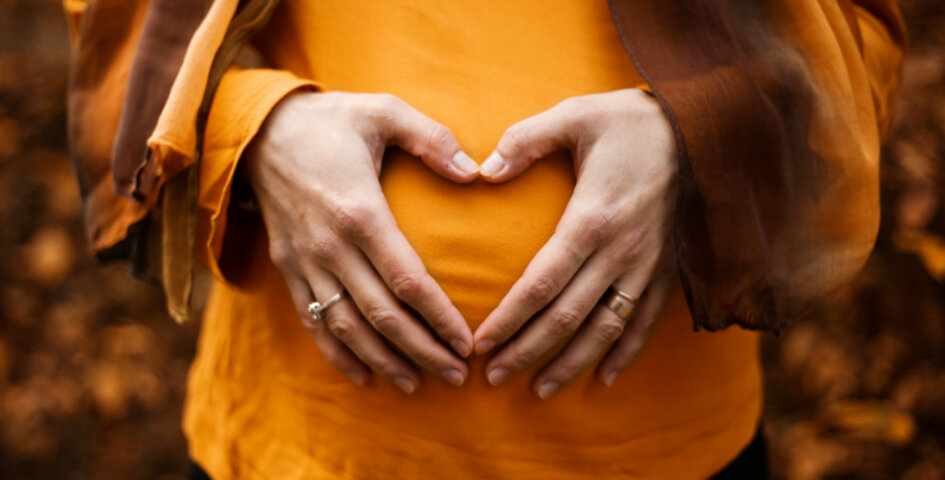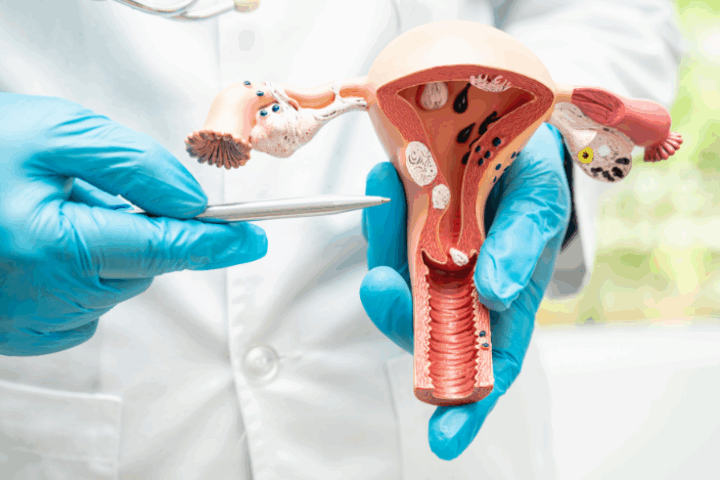Regarding fertility and pregnancy en général, there are plenty of questions (such as this one) that people, for one reason or another, shy away from asking. One of those curious questions reads: can pheromones affect fertility? And if so, what’s the connection? If you’ve ever found yourself typing this into your search bar, there’s a good reason you’re reading this article right now. Today, we’ll dig deep into the fascinating world of pheromones and fertility – do they mix, and if so, how?
What are pheromones?
The term pheromones seems to be something we all instinctively and intuitively use in our everyday interactions. Yet, many of us would struggle to clearly define it – imagine trying to explain it on the spot in a street pop quiz for TV or YT. To get a better understanding, let’s turn to an authoritative source.
According to a fascinating 2013 study titled Pheromones and their Effect on Women’s Mood and Sexuality by J. Verhaeghe, R. Gheysen, and P. Enzlin, pheromones are like secret signals sent out by one individual to influence another of the same species. While animals rely heavily on these chemical messages, the role of pheromones in humans remains somewhat of a mystery. That’s because, unlike many animals, humans don’t have a specialized organ to detect pheromones. However, we’re not completely in the dark here – our sense of smell still can pick up on these subtle cues.
Pheromones are present in many of our body’s secretions, with underarm sweat, in particular, drawing attention due to its intriguing scents like 16-androstenes. These hidden signals may quietly shape our interactions, even if we’re unaware of their humble role.

The subtle signals we detect through our sense of smell are crucial in driving human reproduction.
Do pheromones affect fertility? And if so, how?
Here’s the quick answer to the first question: yes, they do. And to the second: in many ways – which we’re excited to explore with you right here.
Male pheromones and their effect on female eggs
Imagine if male pheromones could act as a magical elixir for aging female eggs. This concept, though still unfolding (as the hypothesis has only been confirmed on roundworms), hints that these pheromones might help rejuvenate egg cells and make them healthier and more robust. Simply put, when females are exposed to these pheromones, they might shift focus, directing more energy toward enhancing reproductive health rather than just maintaining general bodily functions.
Egg prioritization
The pheromones seem to signal the female to prioritize her eggs, which could lead to better egg quality and more successful reproduction. This process might involve recycling and improving the building blocks of egg cells, even if the female’s overall health might take a hit. While this phenomenon is specific to certain animals, it opens up exciting possibilities for human fertility treatments. Understanding how these pheromones influence reproductive health could pave the way for new approaches to improving egg quality and managing reproductive aging.
Pheromones as a means to relieve depressive symptoms and increase fertility
In the ever-intriguing world of mental health, pheromones might offer more than just a social nudge – they could help alleviate depression. That’s because exposure to certain pheromones may positively influence mood and emotional well-being by interacting with the brain’s neurochemical pathways, which are responsible for the onset of various mental health issues. That could lead to a boost in mood and a reduction in feelings of sadness or anxiety, thus providing a natural supplementary tool for managing depression.
Depression and infertility
While exploring how pheromones affect fertility, it’s important to consider how mental health, particularly depression, can influence reproductive outcomes. As the condition differs in how it affects both genders, there’s also a difference in how it can impact fertility rates in both men and women. We’ll focus on the latter here since there’s more evidence.
Women with a history of depression are twice as likely to face fertility issues. By potentially helping to manage depressive symptoms, pheromones could indirectly support better reproductive health. If these subtle chemical signals prove effective in lifting mood and balancing emotions, they might also play a role in improving fertility outcomes for those affected by depression.

Depression can harm fertility, especially in females.
Pheromones and ovulation
During the high-fertility ovulatory phase, a woman’s body odor might be more attractive to men, potentially boosting the success of mating. Some evidence suggests that men perceive women’s scents as more appealing when they’re most fertile (ovulatory phase of their cycle), which could – it’s only natural to assume – enhance mating opportunities. This heightened attractiveness may be linked to none other than pheromones. Although the exact mechanisms are still being studied, it’s clear that the natural scent of a woman in this fertile phase could play a significant role in drawing male attention and improving the chances of successful mating.
Pheromones and fertility-related behavior
Research suggests that pheromones might influence fertility-related behaviors in humans. In a recent study, men who were unknowingly exposed to pheromones from fertile females drank significantly more non-alcoholic beer and showed greater interest in female cues than those exposed to pheromones from non-fertile females. That indicates that pheromones could subtly affect behavior related to fertility, such as increasing alcohol consumption in contexts linked to mating. Also, it raises the possibility that fertility might impact pheromones’ strength or effectiveness.
Conclusion
Now that you understand how pheromones affect fertility, their connection becomes clear. Pheromones primarily drive attraction between individuals of the same species, underscoring their crucial role in reproduction for humans and other creatures. It’s worth noting that scent has likely been one of the most vital senses throughout human evolution, shaping how we interact and reproduce. Therefore, none of this comes as a surprise, right?
If you would like to learn more about GENESIS Fertility New York or are ready to schedule an appointment, please speak with one of our representatives at 929-605-5467.





